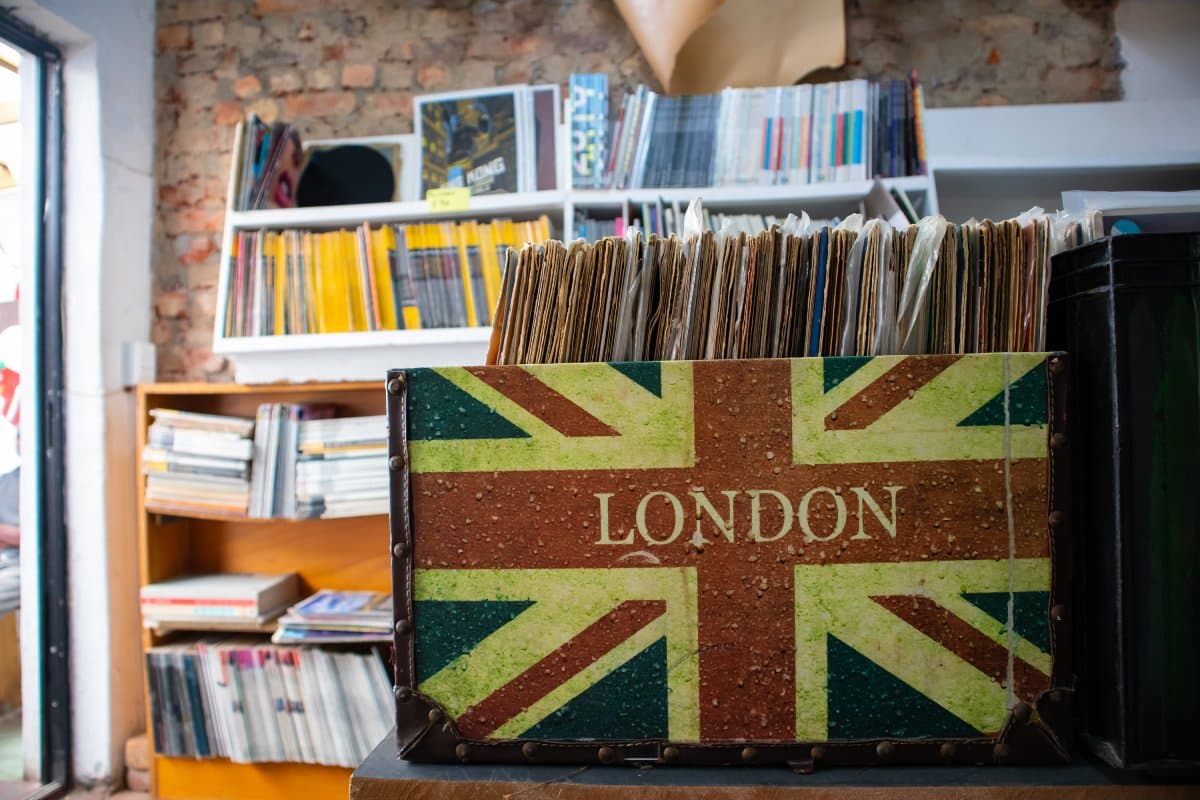Britain’s nostalgia doesn’t just invoke warm memories—it’s costing the country financially and creatively, hindering progress in a rapidly changing world.
1. Vinyl’s Pricey Resurgence

Vinyl records have seen a major comeback, with UK sales at their highest since the 1990s. Yet, this retro trend comes with a hefty price tag. With records often selling for £20 or more, many music lovers are spending significant sums on outdated formats, diverting funds away from new music and emerging artists.
2. Blockbuster’s Ghostly Comebacks
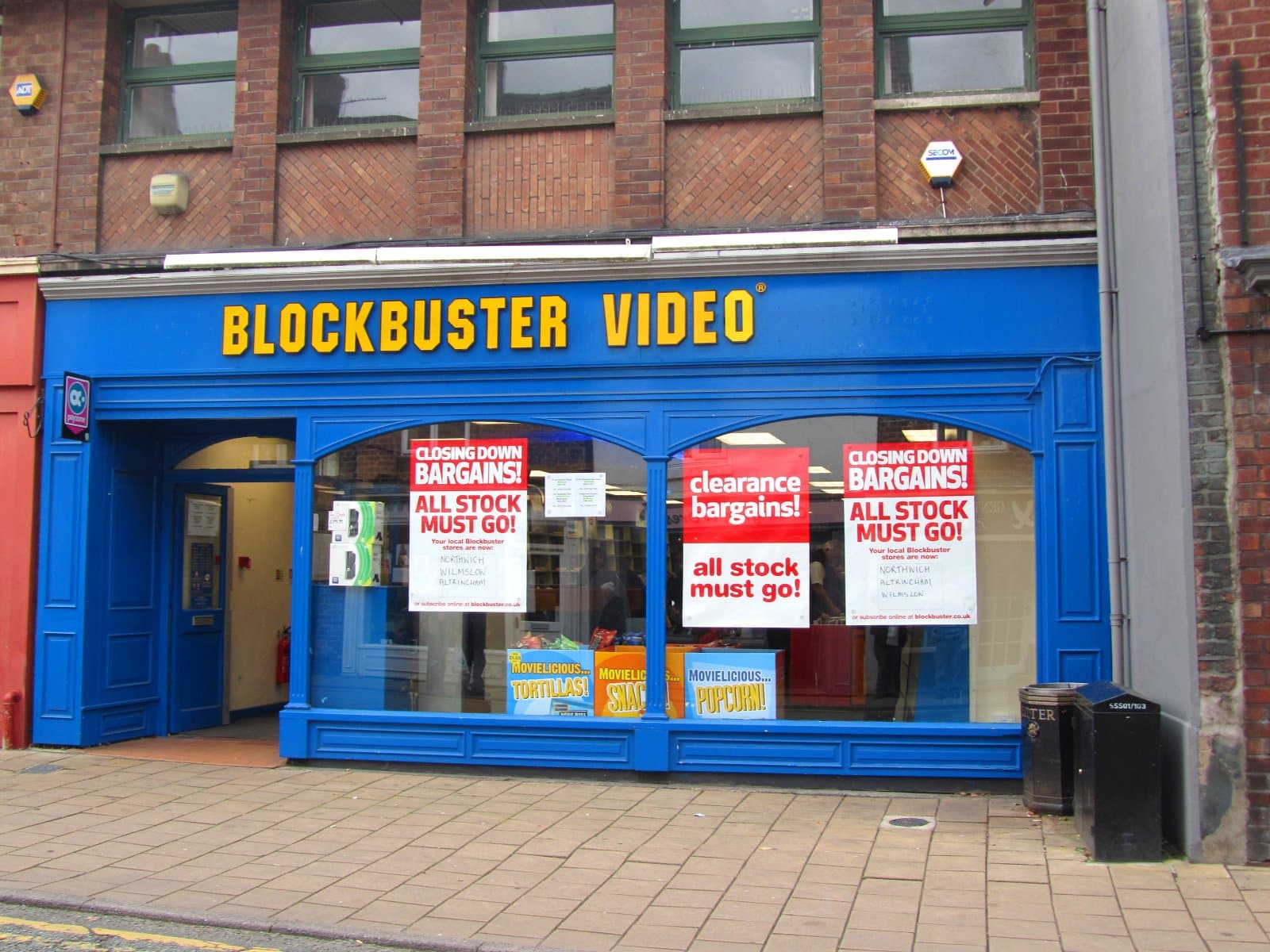
Despite Blockbuster’s long-gone status, nostalgic Brits are still recreating the video store experience through pop-up shops. These efforts, often supported by local councils, divert resources that could be used to invest in modern retail innovations instead of clinging to the past.
3. The Royal Family’s Expensive Traditions
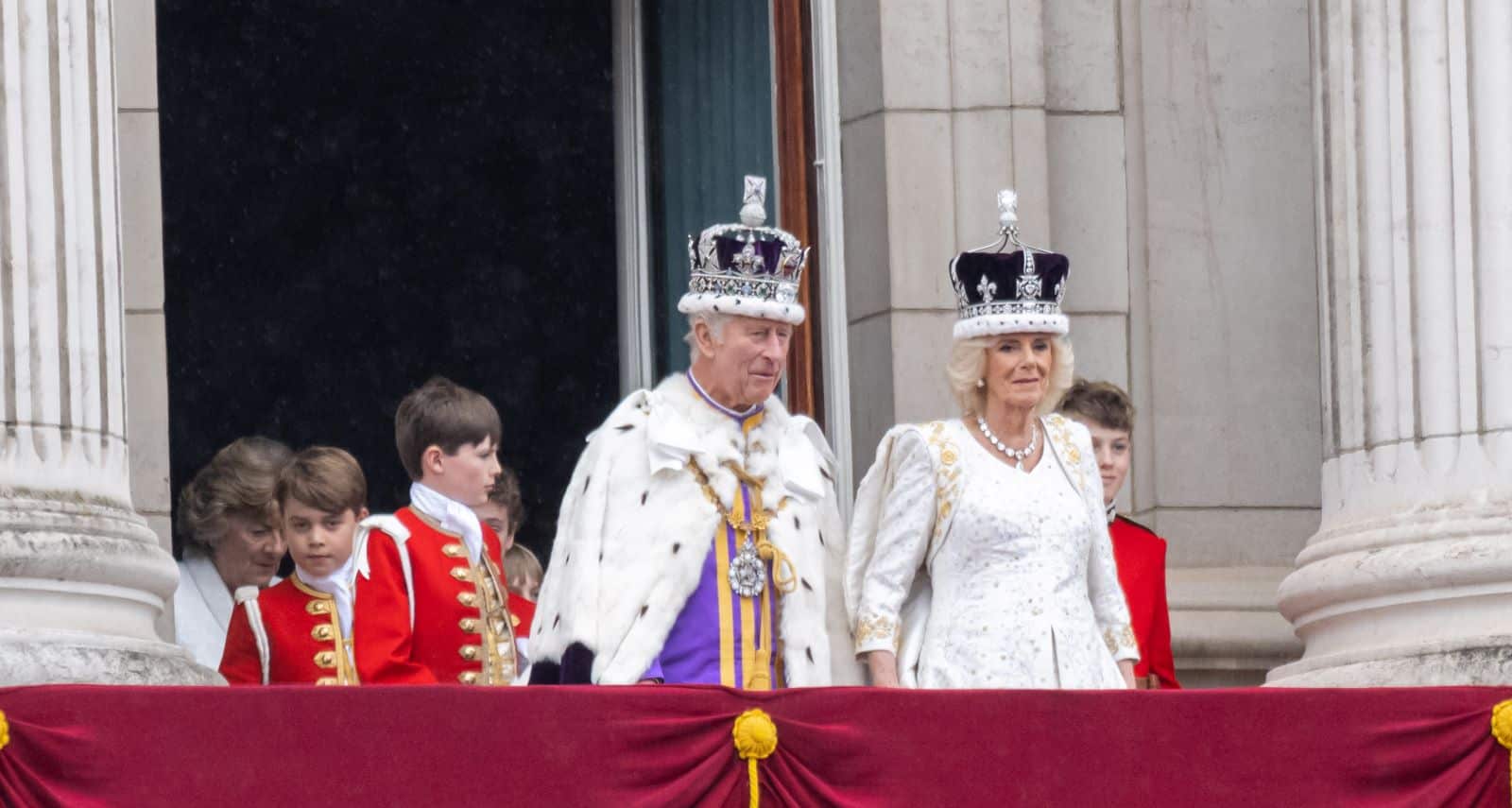
Royal ceremonies like King Charles III’s coronation in 2023 might satisfy a sense of national pride, but they also come with a massive bill. With taxpayers footing the estimated £250 million cost, these nostalgic nods to tradition come at a time when many Britons are struggling with skyrocketing living expenses.
4. TV’s Endless Reboots
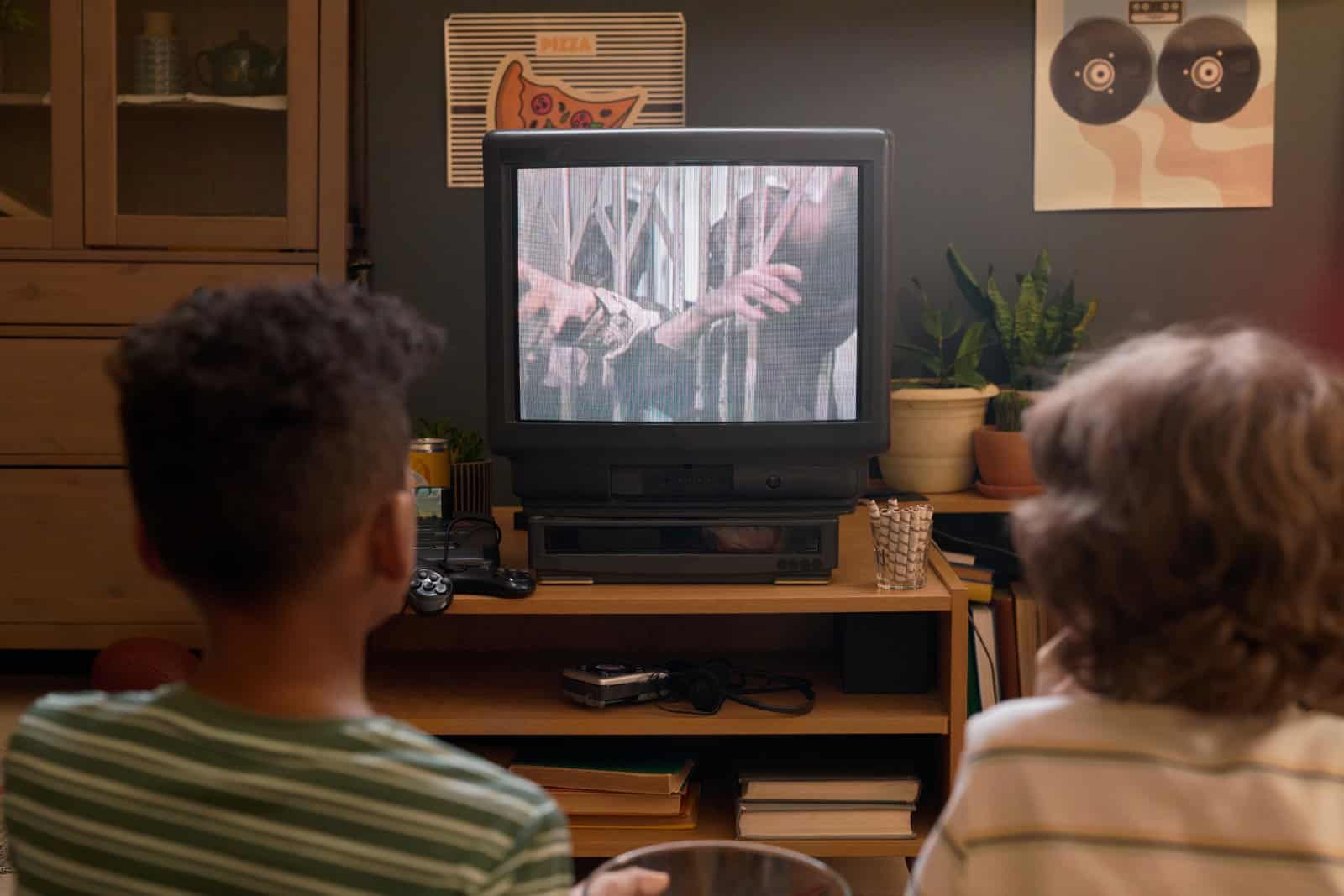
British television is caught in a loop of nostalgia-driven reboots, with shows like Doctor Who and Gladiators dominating airwaves. While they tap into fond memories, these reboots stifle creative innovation, pushing fresh voices to the margins in favour of tried-and-tested formulas.
5. Historic Pubs on Life Support
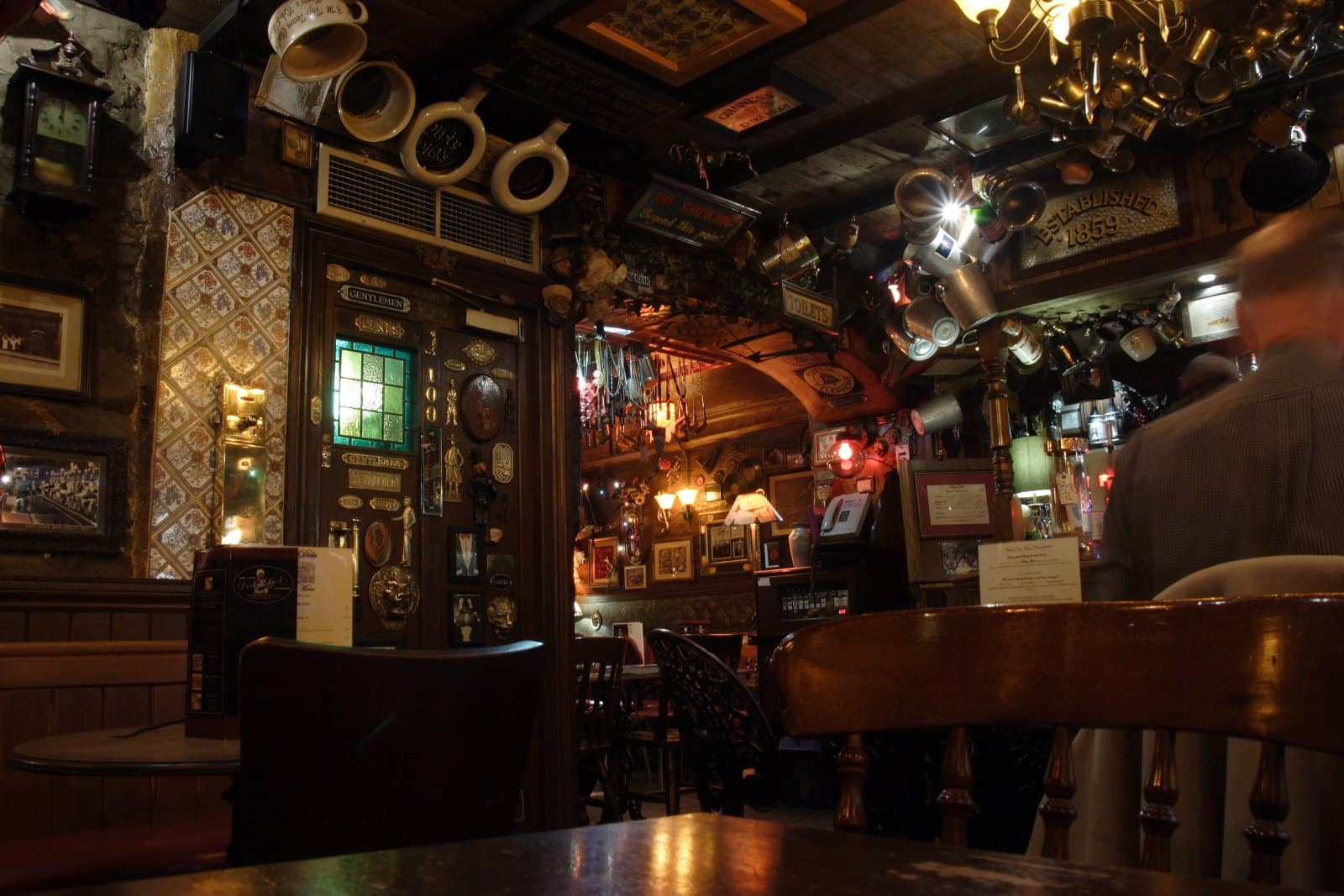
Britain’s beloved historic pubs are receiving significant public funding to stay open, despite declining patronage. These centuries-old institutions are more than just drinking spots; they’re cultural landmarks. Yet, propping them up takes away from investment in new, vibrant spaces that reflect modern community needs.
6. The High Cost of Retro Fashion

Vintage fashion has become a lucrative market, driven by platforms like Depop. What was once a budget-friendly way to shop is now a pricey trend, with vintage items often costing more than their new counterparts. This focus on the past limits the exploration of innovative and sustainable fashion.
7. Steam Trains: Nostalgic and Costly
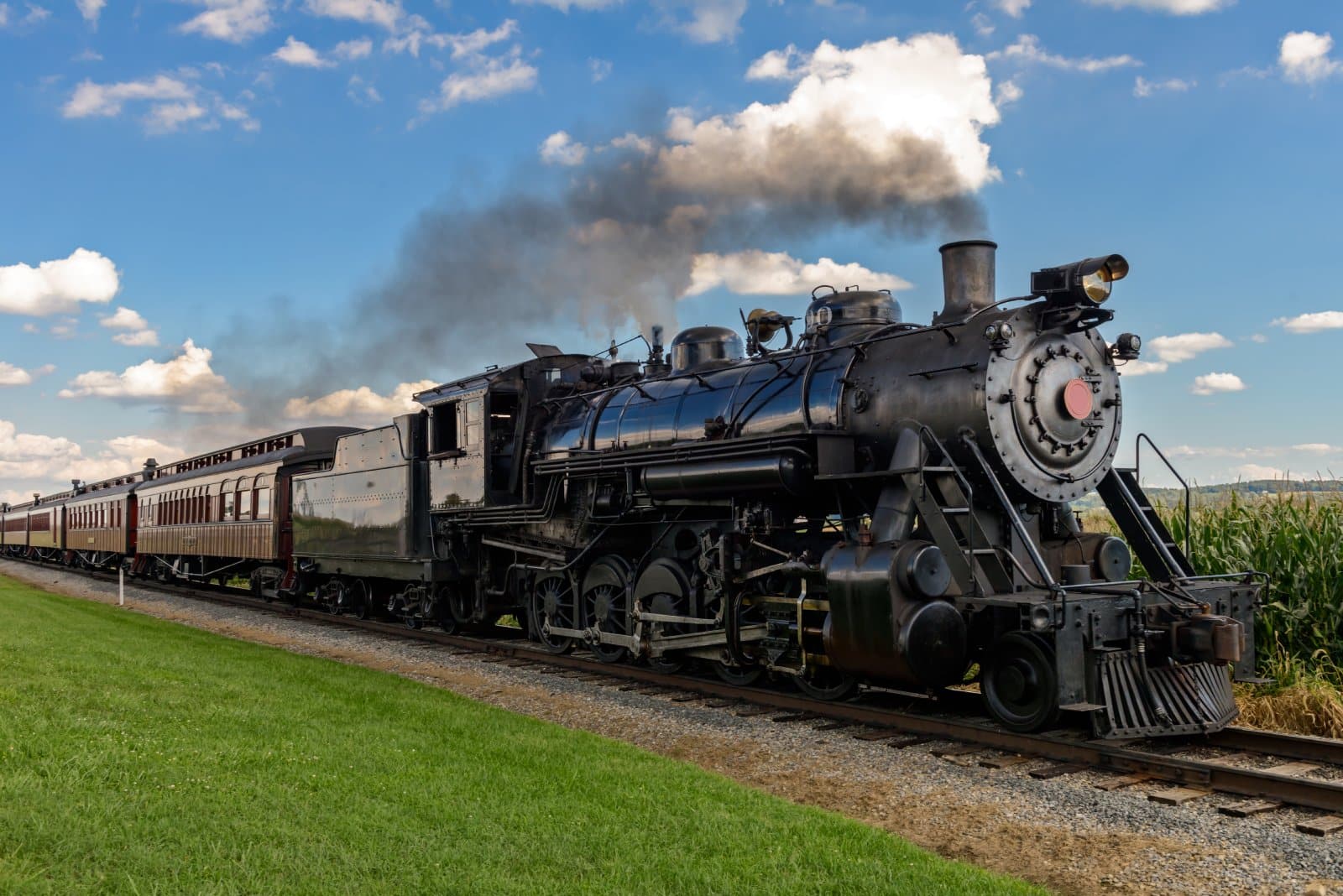
Britain’s affection for steam trains keeps heritage railways alive, but it’s a costly endeavour. Maintaining these nostalgic icons of the Industrial Revolution drains millions from public funds. Meanwhile, the nation’s modern rail infrastructure remains underfunded and in desperate need of attention.
8. Reviving Defunct Department Stores
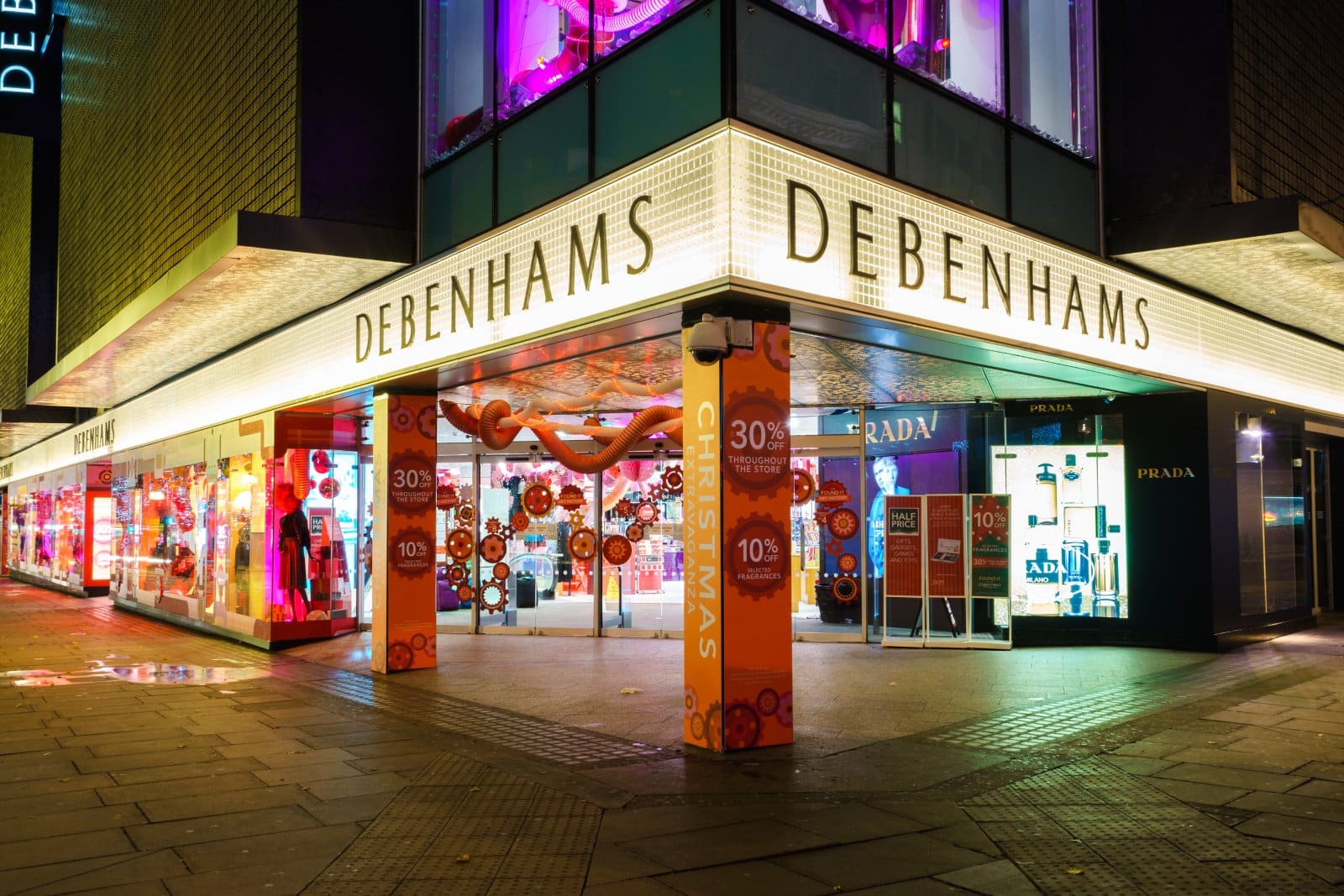
Empty department stores like BHS and Debenhams are prime examples of how nostalgia can weigh down progress. Efforts to restore these once-iconic retail giants often fail financially, as councils pour money into reviving outdated business models instead of creating innovative uses for these large, vacant spaces.
9. The Burden of National Trust Properties

The National Trust’s preservation of old country estates is vital for heritage, but the costs are staggering. As fewer people visit these sites, public funds are increasingly strained to maintain them, all while modern community infrastructure projects remain underfunded.
10. Museum Fatigue
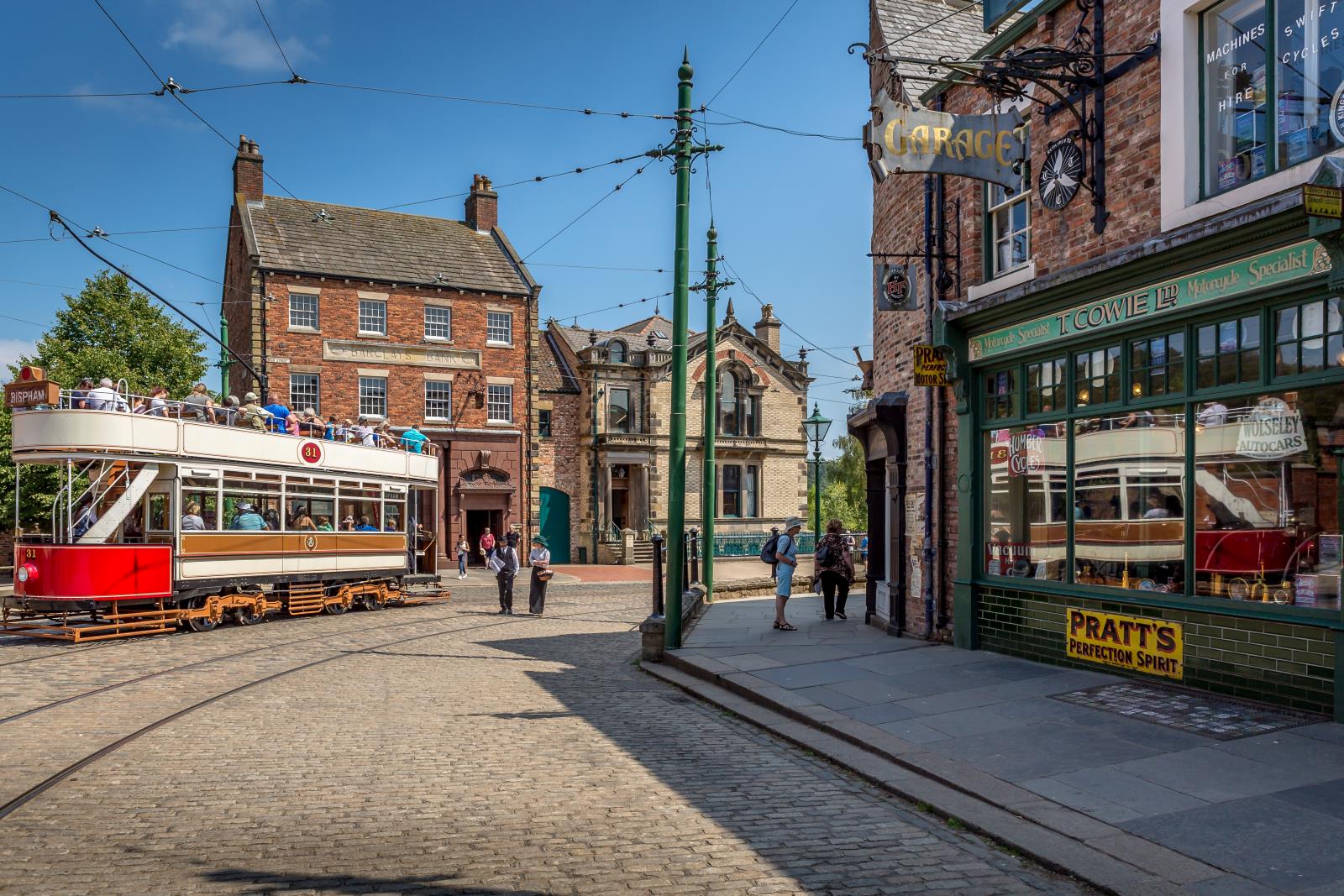
Britain’s obsession with the past extends to its museums, where nostalgia-themed exhibits take up a significant chunk of public funding. Unfortunately, these exhibits often overshadow contemporary issues, preventing museums from becoming spaces that engage with the present and future.
11. The Retro Gaming Boom

Despite the rapid evolution of gaming technology, retro games like Pac-Man and Space Invaders remain wildly popular. The demand for refurbished consoles and classic titles represents more than just nostalgia—it reflects a cultural reluctance to move forward, which limits the development of cutting-edge gaming experiences.
12. Victorian Architecture’s Grip on Cities
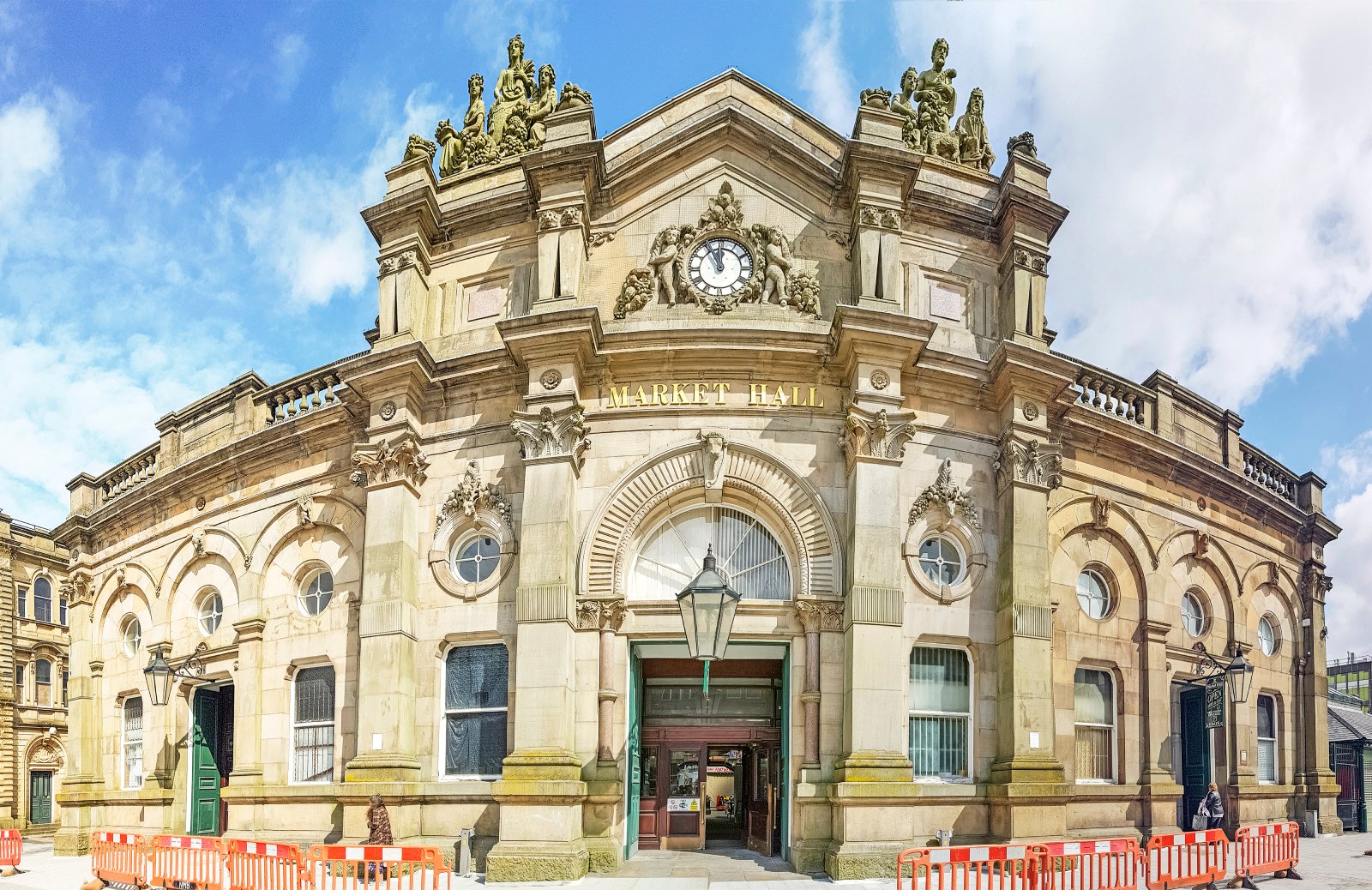
Victorian buildings may be part of Britain’s heritage, but preserving them is costly and often impractical. Public funds continue to be poured into restoring these ageing structures, stalling the development of modern, innovative urban solutions that could better meet the needs of today’s cities.
13. The Tea Room Trap

Tea rooms, with their quaint, nostalgic charm, remain quintessentially British. But many struggle to survive financially, relying on public grants and tax breaks. This focus on maintaining traditional spaces prevents the creation of new social environments that could cater to Britain’s increasingly diverse population.
14. The Expense of Antiques
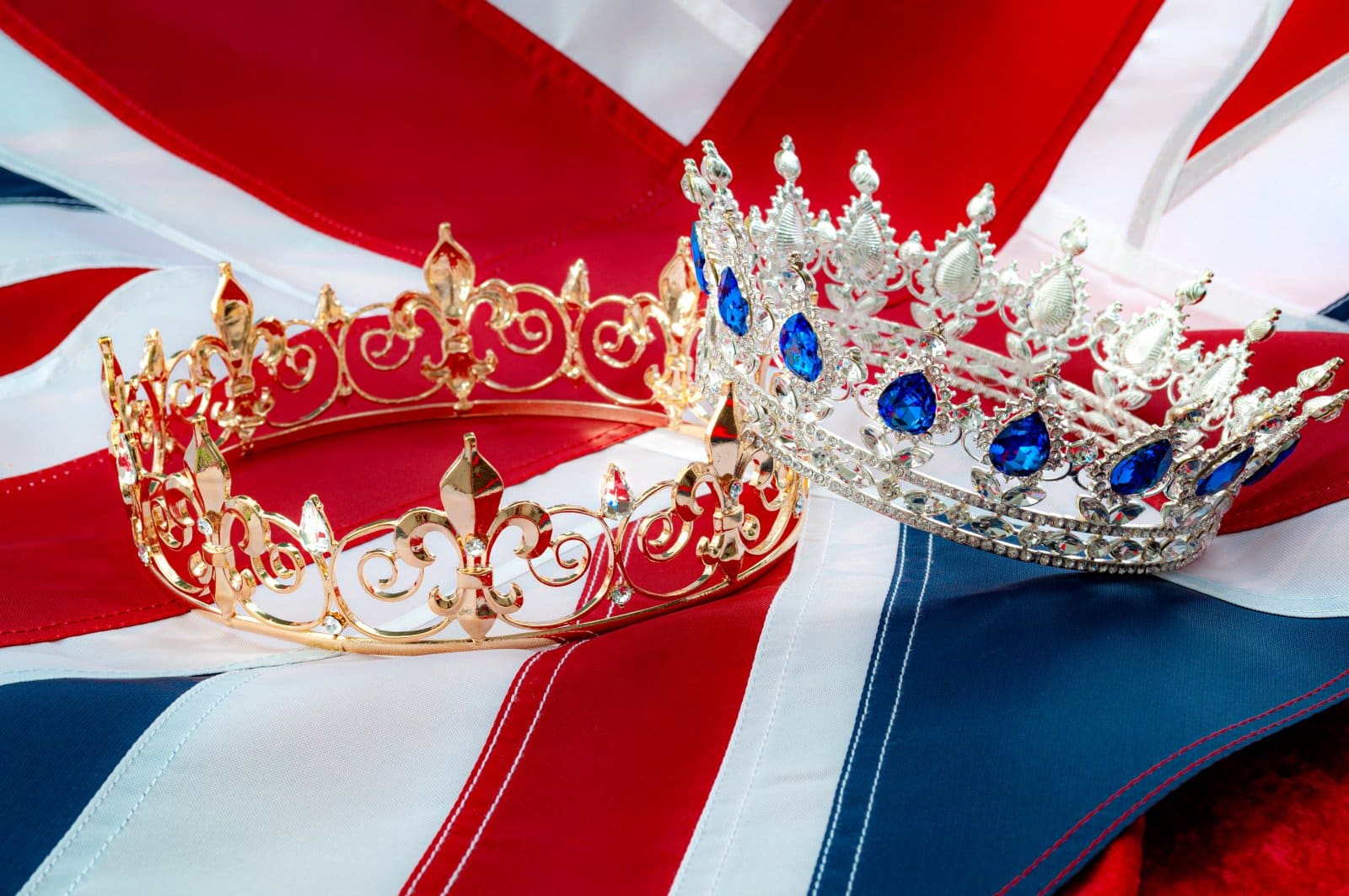
Antique collecting may be a hobby for some, but it’s an expensive one. Auction prices for vintage furniture and restoration costs have skyrocketed, diverting resources from fostering new craftsmanship and contemporary design that could bring fresh creativity into British homes.
15. Vintage Car Culture

Britain’s fascination with vintage cars, from classic models to restoration projects, costs enthusiasts tens of thousands of pounds. These nostalgic pursuits, while charming, receive government support that could instead fund the future of transportation, such as electric vehicle development.
16. Nostalgic Sports Revival

Old-school sports like croquet and lawn bowling are making a comeback, with local councils investing in facilities to revive them. While these sports evoke simpler times, they come at a cost, often taking resources away from more inclusive and modern recreational opportunities.
17. The Price of Memorabilia

Nostalgia has turned memorabilia auctions into high-stakes events, with old football shirts and historic posters fetching record prices. This trend has commercialised the past, tying up resources that could be invested in contemporary art and cultural development.
18. Commercialising Pub Quizzes

Once a free and fun night out, Pub quizzes have become a business venture, with professional events now charging entry fees. What was once a simple pleasure has become a commercial enterprise, stripping away the spontaneity that made these gatherings a staple of British pub culture.
19. Retro Film Nights Over New Cinema
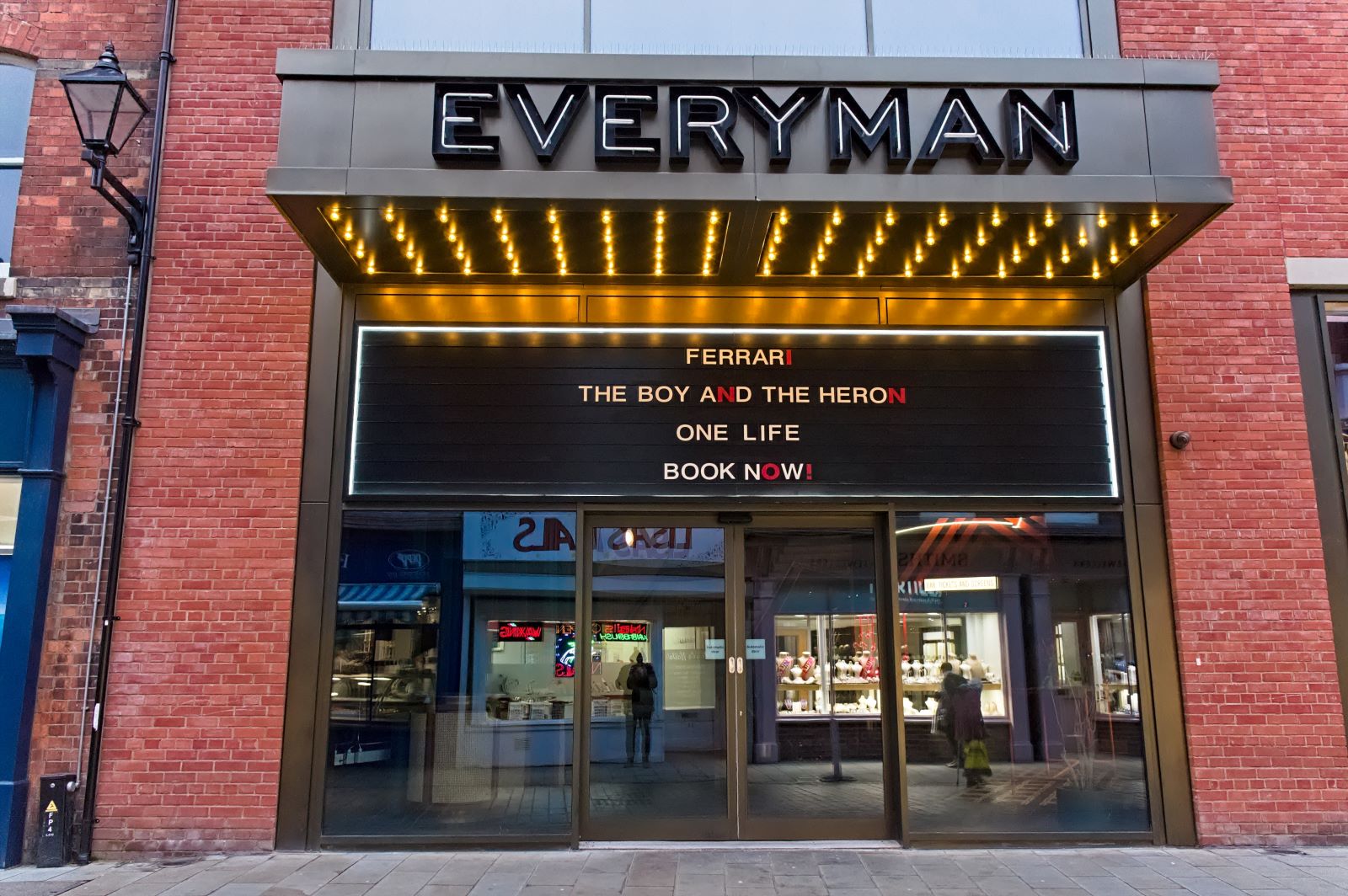
Independent cinemas are banking on retro film nights to draw crowds, but the focus on nostalgia limits the exposure of new, innovative films. By constantly looking back, British cinema risks missing out on nurturing the next wave of filmmakers who could redefine the industry.
20. Costly Amusement Park Resurrections
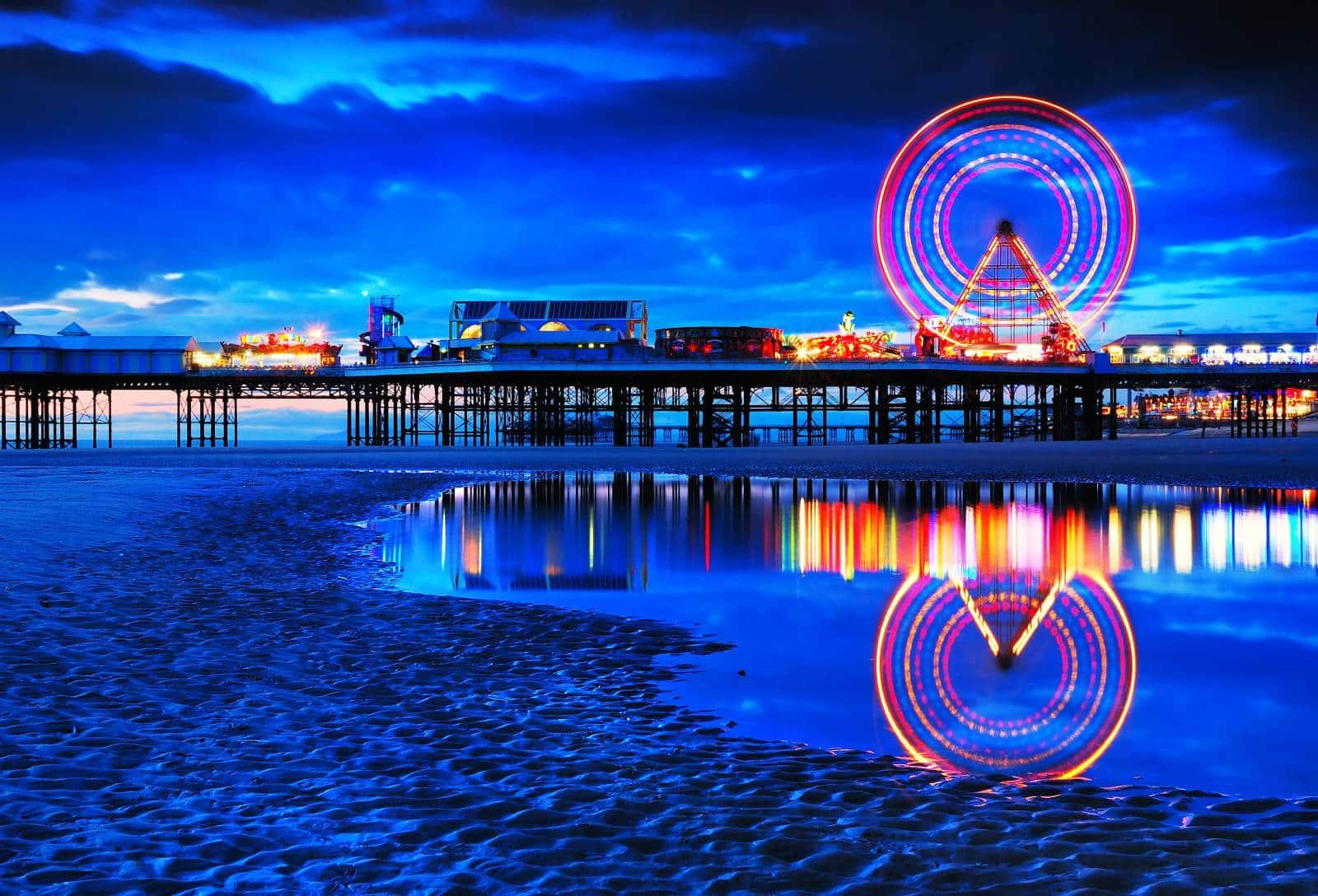
Reviving old amusement parks from the ’60s and ’70s may sound like a fun idea, but the financial realities are harsh. Restoring these nostalgic attractions requires huge investments that rarely see profitable returns, taking resources away from developing modern entertainment options.
Is Nostalgia Holding Britain Back?
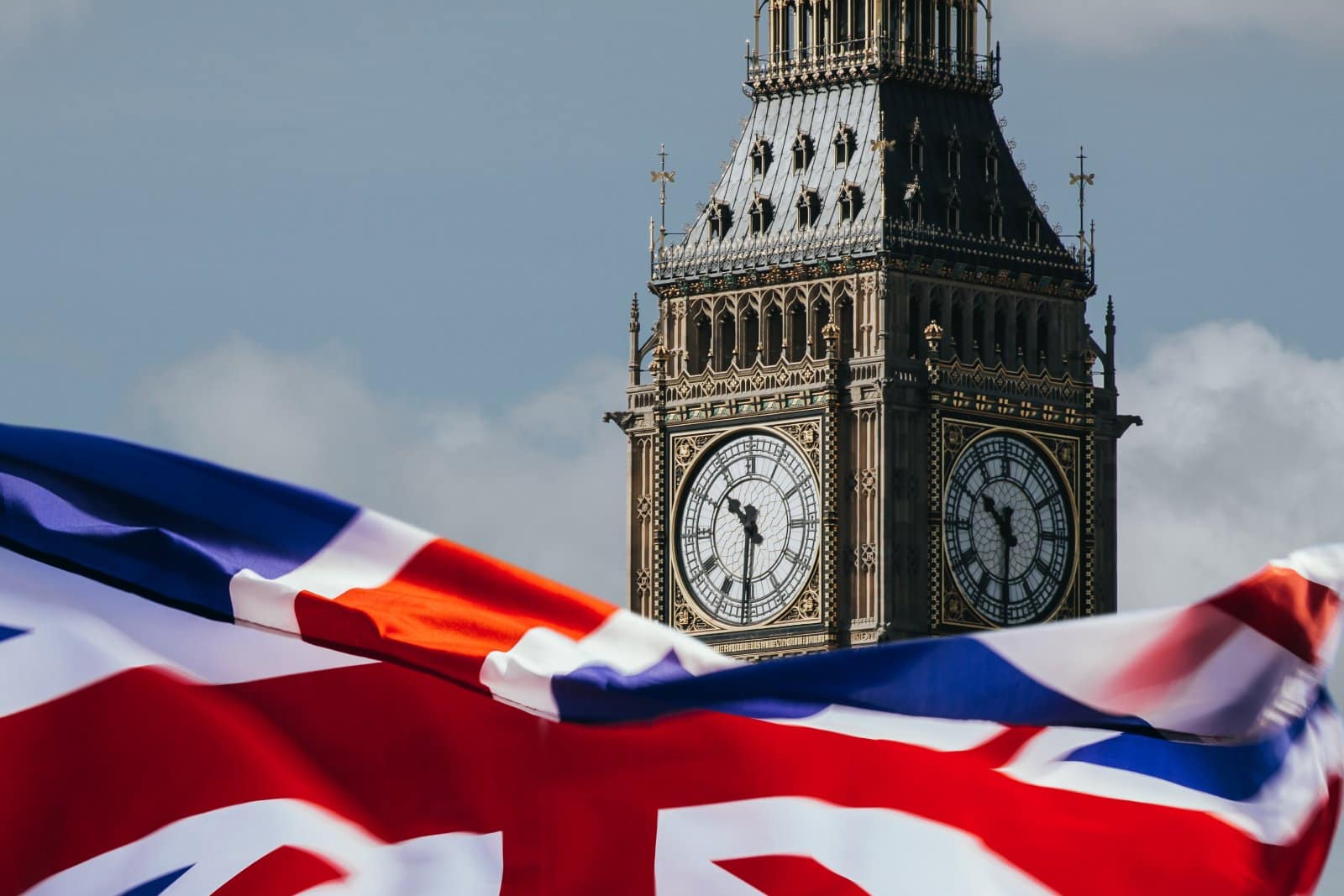
How much longer can Britain afford to look backwards? At what point does our love for the past start to undermine the creative and financial potential of the present?
Featured Image Credit: Shutterstock / Deepthought Imagery.
For transparency, this content was partly developed with AI assistance and carefully curated by an experienced editor to be informative and ensure accuracy.
The images used are for illustrative purposes only and may not represent the actual people or places mentioned in the article.

